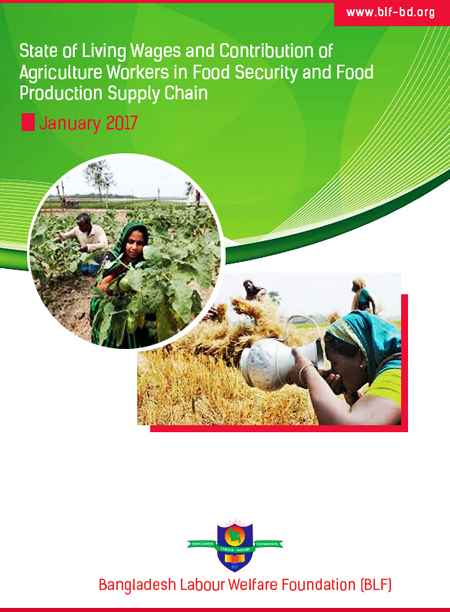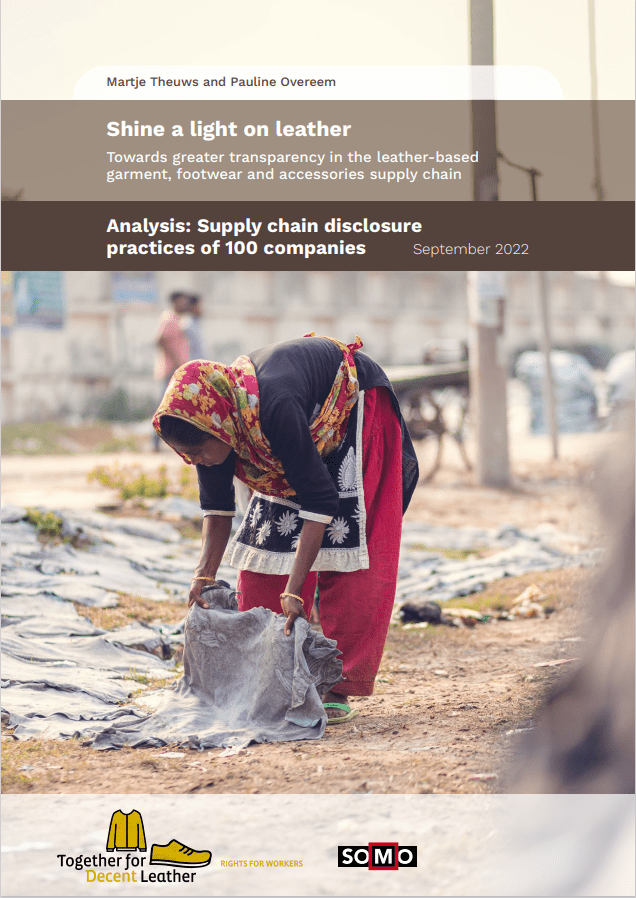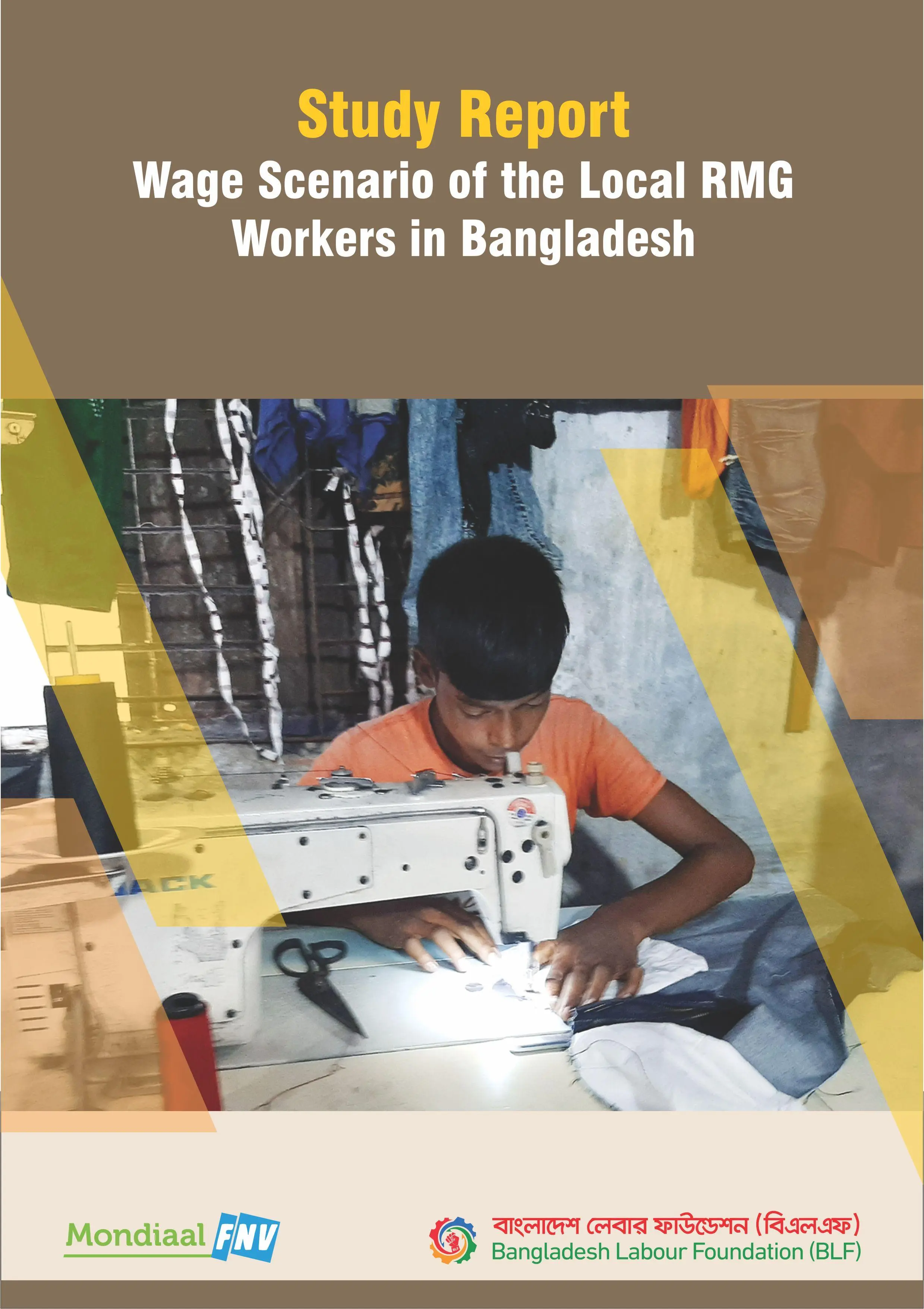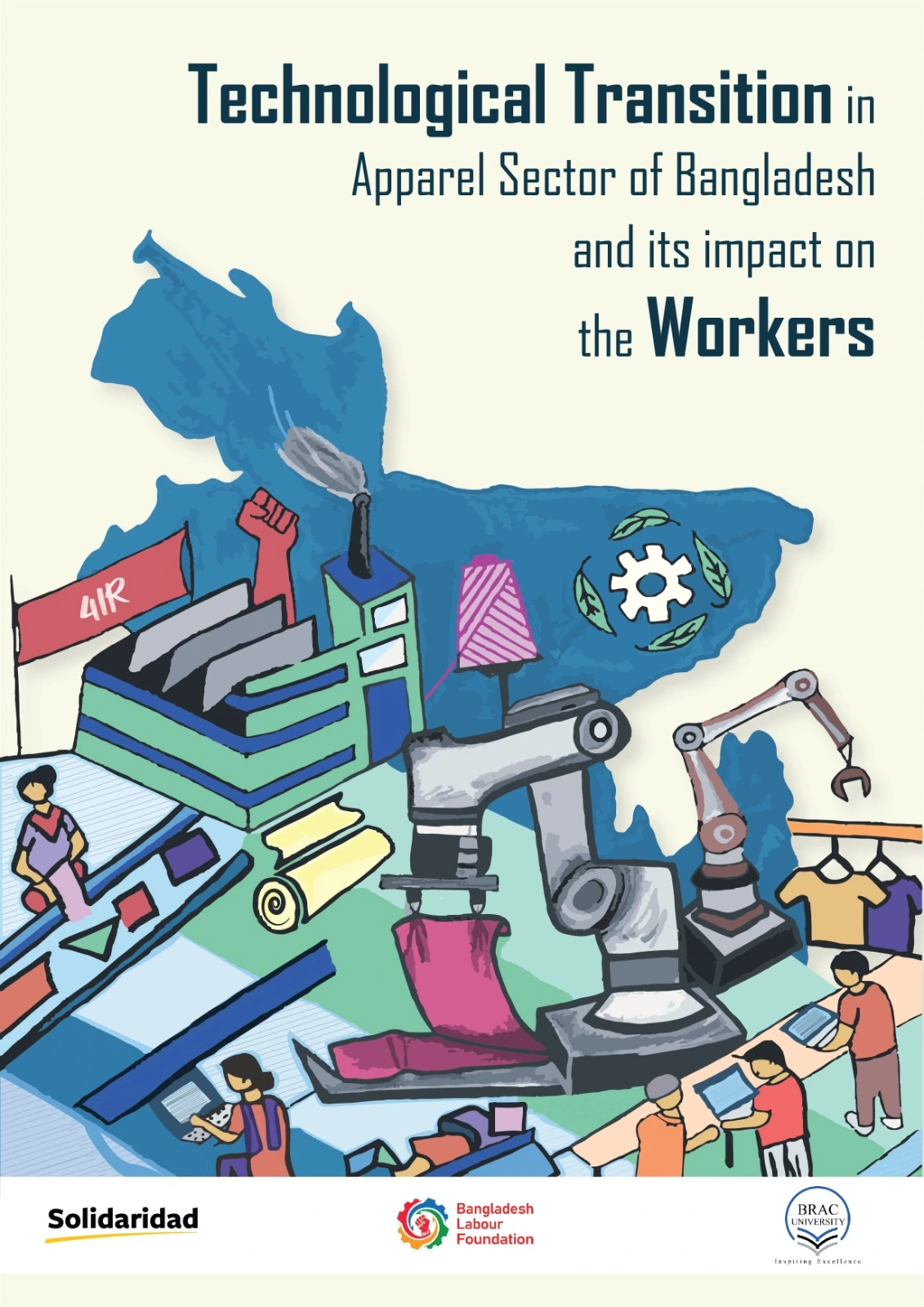Research & Study
SITUATION ANALYSIS OF THE TANNERY INDUSTRY IN THE AGE OF COVID-19
May, 2020
The coronavirus COVID-19 pandemic is the defining global health crisis of our time and the greatest challenge we have faced since World War Two. Since its emergence in Asia (China) December last year, the virus has spread to 208 countries and regions of the world, significantly affecting the global economy. The virus has been growing so exponentially, even the developed countries have been unable to contain its spread. As a result, people are dying in the affected areas and countries at an alarming rate.
Bangladesh is being forced to endure lockdowns differently says as general holiday to tackle the Covid-19 pandemic. These lockdowns are having a crippling effect on workers and businesses across the country. The unprecedented Covid-19 pandemic has caused disruptions to global trade, business, and education. Bangladesh is equally affected by this infection. The economic consequences of the Covid-19 outbreak are tough to handle as the entire global supply chain has been interrupted due to worldwide transportation shutdown. The economy of Bangladesh has almost come to a standstill and devastating effects are being observed in almost all sectors.
Key Words: Pandemic, Leather Exporter, BTA, Remedy.
Background
Like other sectors, the coronavirus pandemic has also upset the leather production, production process, productivity and its supply chains in all respect. The country’s leather exporters are going to be hit hard for the coronavirus outbreak in China, which is their largest export destination (about 60%) of leather from Bangladesh. According to the stakeholders, Bangladesh tanneries and leather sector as a whole facing a huge financial loss amounting over USD300 million and the figure is increasing daily basis. There are around 300 containers of leather and leather goods that are packed up on the factory premises for shipment. Most of the previous export orders are being cancelled by the foreign buyers as the countries from where the order came has also been hit hard. Shaheen Ahmed, chairman of the Bangladesh Tanners Association said “If the situation persists like this, we may face a huge loss as there are so many containers of semifinished leather remain pending for export to China.” He mentioned out of the 123 tanneries operating in the leather industrial park at Savar, only 10 to 12 are large and have capacity to store their products. Most do not have adequate storage. It is not only exporters but also raw materials importers who are dependent on China facing the same predicament. Leather and leather products are the biggest foreign currency earner after apparels. Bangladesh exported $1 billion worth of leather and leather products last fiscal year and this year’s target had been set at $1.1 billion. He demanded government support immediately, otherwise, many tanneries will shut down and a big number of workers will lose their jobs.
Objectives
- Explore the socio-economic consequences of the Tannery Workers amidst the COVID 19 crisis.
- Identify the Government initiatives to handle COVID-19 along with its initiatives to uphold the economy in respect to Business and the citizens.
- Examine the current Tannery Industry conditions and how it relates with the multi-stakeholders’ initiatives such as government, employers, buyers, associations.
- Explore the socio-economic consequences and status of the Tannery Workers and their livelihood during this pandemic.
- Short term remedy recommendations to overcome the current situation and future action for recovery.
Key Findings
- Most of the temporary workers could not manage to come back yet and they are the one who will face tremendous trouble in future and are in extreme vulnerability to possibilities to lose the job as because many small factories will lose their domestic and international buyers on post COVID-19 impact nationally and internationally.
- The owners have collected workers NID/Birth Certificate with Job Cards but have not yet get any confirmation of payment or any schedule of payment.
- Small factories who do not export directly but through the local buying agent are not entitle to receive the grant thus these workers may face troublesome conditions to get any types of payment from the owners.
- The raw materials import has been held since long thus the factories will face huge challenges of chemical within a short period.
- There are factories who installed basin outside the factories but they do not provide soap and hygiene materials constantly.
Recommendations
- Simplify access to finance for the Tannery Owners in the government declared stimulus fund for worker’s wage.
- Ensure wages for the permanent and temporary both types of workers who joined and who are still to join.
- Ensure proper safety measures such as disinfectant booth, masks, gloves, soap, sanitizers etc. for all employees including the workers in and outside of the factories.
- Form dedicated medical team for instant medical support for the workers.
- Enhance TU role in monitoring and documentation of the implementation of various government provisions.
Though this analysis we have tried to figure out the current overall conditions in the Tannery Sector as a whole specially the conditions of the Tannery Workers. COVID 19 brings new challenge for building different practices of OSH apart from conventional ideas to make a healthy workplace. The analysis will be followed up by midterm and long term during and post COVID period with the possible recommendation to make the industry sustain for future.

Publication Details
Date: May, 2020
Contact
Bangladesh Labour Foundation (BLF)
107 Bir Uttam C.R. Datta Road
Dhaka – 1205
Bangladesh






